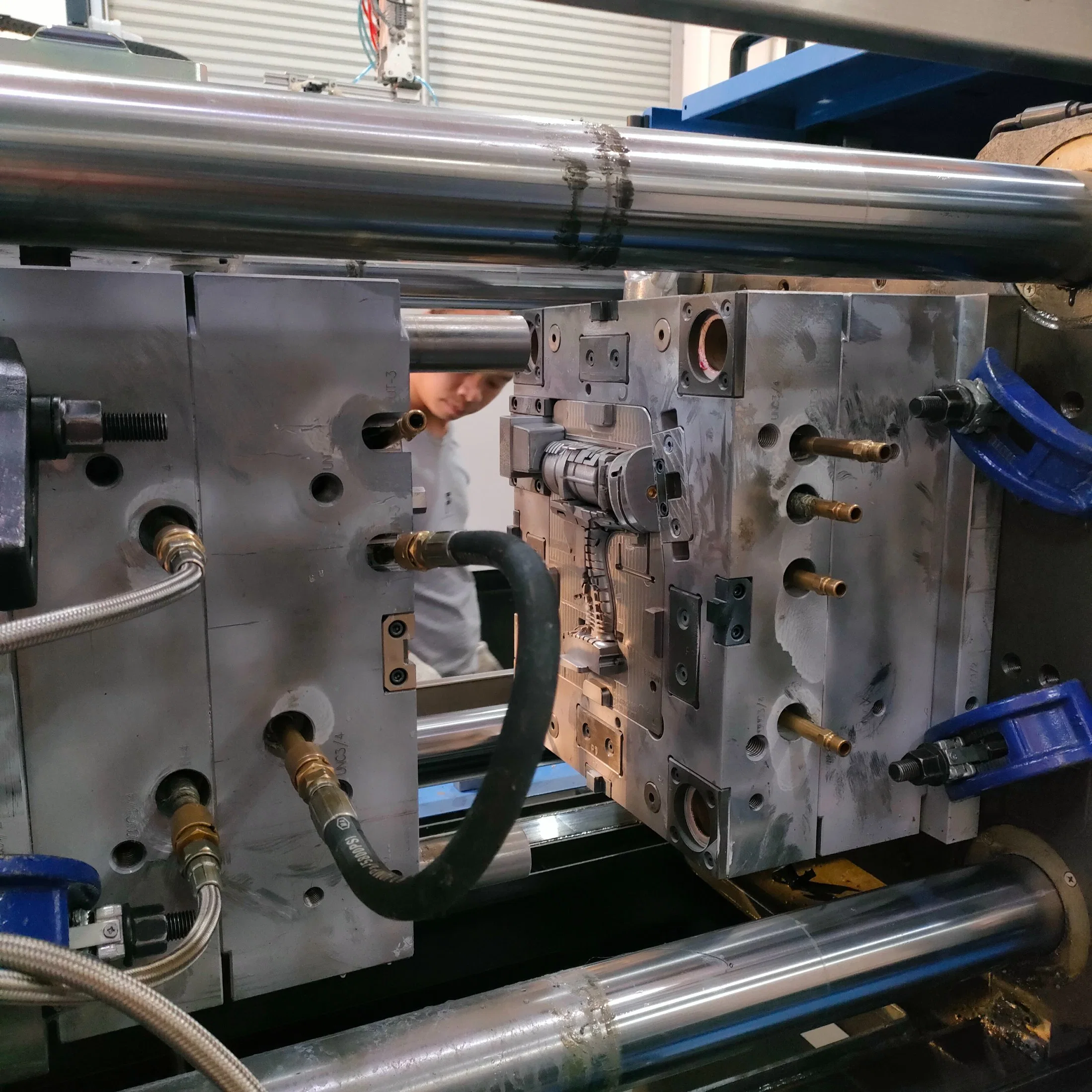Casting plastic injection stands as a pivotal technology in modern mechanical engineering, revolutionizing the way complex components are manufactured across various industries. This sophisticated process involves injecting molten plastic material into a carefully crafted mold under high pressure, enabling the production of intricate shapes and designs with unparalleled precision and efficiency.
The Role of Casting Plastic Injection
In mechanical engineering, casting Plastic Injection plays a critical role in achieving design objectives that traditional manufacturing methods struggle to match. The process begins with the creation of a mold that mirrors the desired final product. Molten plastic is then injected into the mold cavity, where it solidifies and adopts the mold’s shape. This method not only ensures uniformity in product dimensions but also allows for intricate detailing and geometric complexity that are crucial in mechanical applications.
Advantages in Mechanical Applications
1. Design Flexibility and Complexity
Mechanical engineers leverage casting plastic injection for its ability to produce components with complex geometries and intricate features. From gears and housings to specialized parts in aerospace and automotive industries, the process offers unmatched design flexibility, enabling engineers to push the boundaries of what is achievable in terms of functionality and performance.
2. Efficiency and Cost-Effectiveness
The efficiency of plastic injection molding translates into significant advantages in mechanical engineering. Rapid production cycles and high-volume capabilities reduce manufacturing lead times and operational costs. Once the mold is prepared, the actual casting process is swift, ensuring streamlined production and scalability that are essential for meeting market demands.
3. Material Versatility and Performance
Modern mechanical engineering demands materials that can withstand rigorous conditions while maintaining optimal performance. Casting plastic injection supports a wide range of thermoplastics and composite materials, each chosen for specific mechanical properties such as strength, durability, and heat resistance. This versatility allows engineers to tailor materials to meet diverse application requirements without compromising on quality or performance.
Innovations and Future Outlook
The continuous evolution of casting plastic injection is driven by technological advancements aimed at enhancing efficiency, sustainability, and product innovation. Automation and digitalization are transforming production processes, offering real-time monitoring and quality control to ensure consistent output. Moreover, innovations in material science and recycling technologies contribute to sustainability goals, reducing waste and environmental impact.
Conclusion
Casting plastic injection has emerged as a cornerstone of innovation in modern mechanical engineering, empowering engineers to realize ambitious designs and achieve superior product performance. Its ability to combine precision, efficiency, and versatility makes it indispensable across diverse industries, from aerospace and automotive to consumer electronics and medical devices. As technology continues to advance, the role of plastic injection molding in mechanical engineering will undoubtedly expand, driving further innovation and pushing the boundaries of what is achievable in manufacturing excellence.



